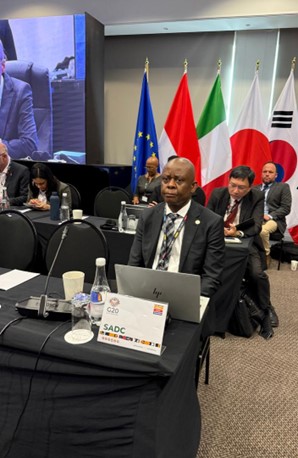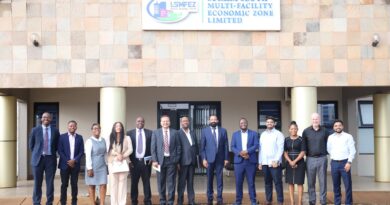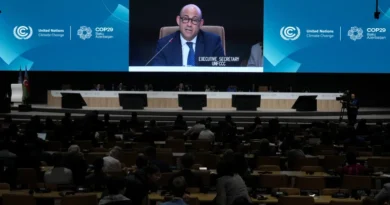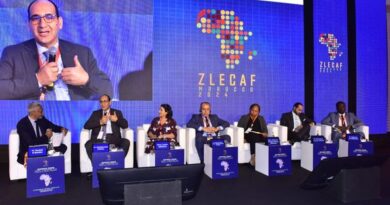G20 Agriculture Talks Place Farmers, Climate and Inclusion Centre Stage
The G20 Agriculture Working Group and Food Security Task Force convened back-to-back Ministerial meetings on 18–19 September 2025 under South Africa’s G20 Presidency, signalling a decisive shift towards prioritising agriculture and food systems in global policy discussions.
Held in Somerset West, the meetings emphasised inclusivity, resilience, and data-driven solutions. The Agriculture Working Group, themed “Data-Driven Approaches to Addressing Food Security and Promoting Inclusive Agricultural Investment and Market Access”, highlighted six key priorities: integrating agriculture into central G20 policy, empowering smallholders, particularly women and youth, leveraging digital innovation, enhancing climate resilience, improving market transparency, and promoting evidence-based policymaking.
South African Minister John Steenhuisen stressed the importance of aligning global agricultural policies with the needs of both farmers and consumers, citing South Africa’s blended finance models and technology transfer initiatives as examples for other nations.
Technology and innovation featured prominently, with calls for increased research into drought-tolerant crops, improved soil and water management, and robust digital systems to enhance market transparency and early warning mechanisms.
The discussions informed the subsequent Food Security Task Force Ministerial, which concluded with the adoption of the Ubuntu Declaration, a framework grounded in African values of dignity, solidarity, and mutual interdependence. The Declaration reaffirmed the G20’s commitment to multilateralism, the 2030 Sustainable Development Goals, the Paris Climate Agreement, and the human right to food. Concrete measures were outlined to address food price volatility, invest in climate-smart agriculture, and build inclusive food systems.
A key concern raised by Ministers was the global surge in food inflation and its impact on vulnerable populations. Leaders pledged enhanced support for smallholder farmers, improved post-harvest infrastructure, and equitable market access.
Representing the SADC Secretariat, Director for Food, Agriculture and Natural Resources, Mr Domingos Gove, outlined both progress and challenges in implementing the Regional Agriculture Policy (RAP) through the Regional Agriculture Investment Plan (RAIP) and national investment plans (NAIPs).
He highlighted that RAP aligns with the Comprehensive Africa Agriculture Development Programme (CAADP), which is transitioning to a broader agrifood systems approach through the upcoming Kampala Declaration (2026–2035), moving beyond the agriculture-led growth framework of the Malabo Declaration (2014–2025).
As South Africa steers the G20 through 2025, these agricultural and food security outcomes are expected to influence discussions at the forthcoming G20 Leaders’ Summit in Johannesburg later this year.



